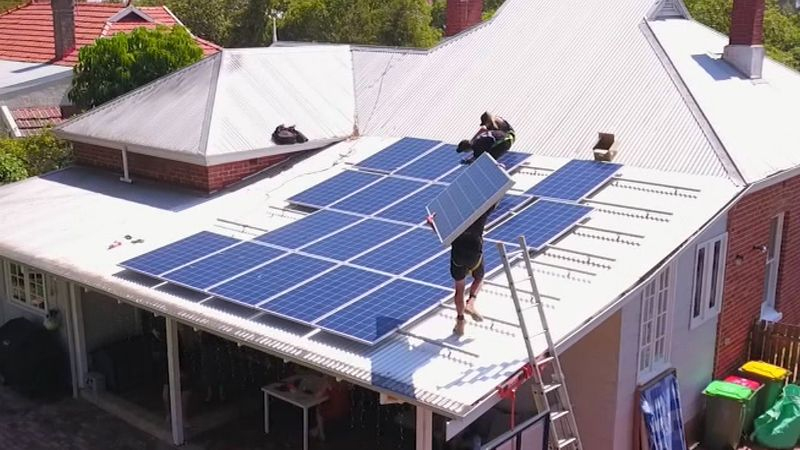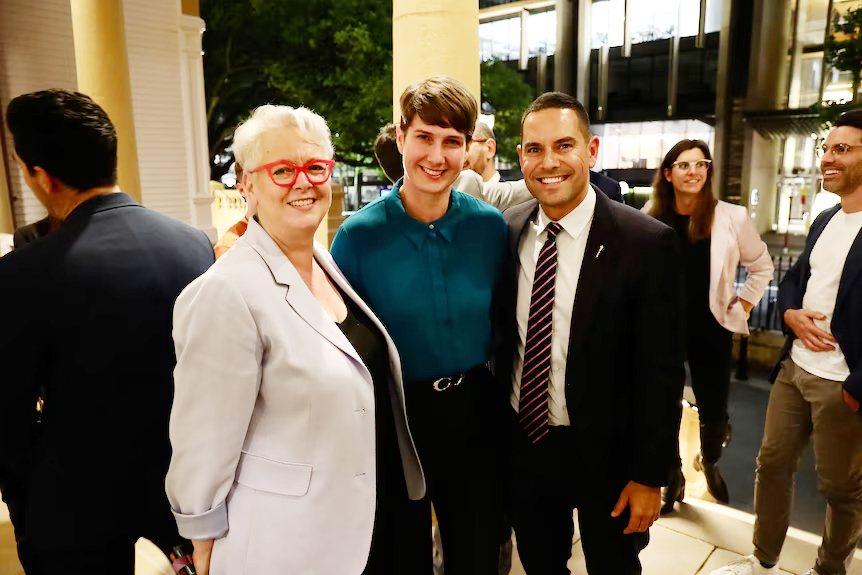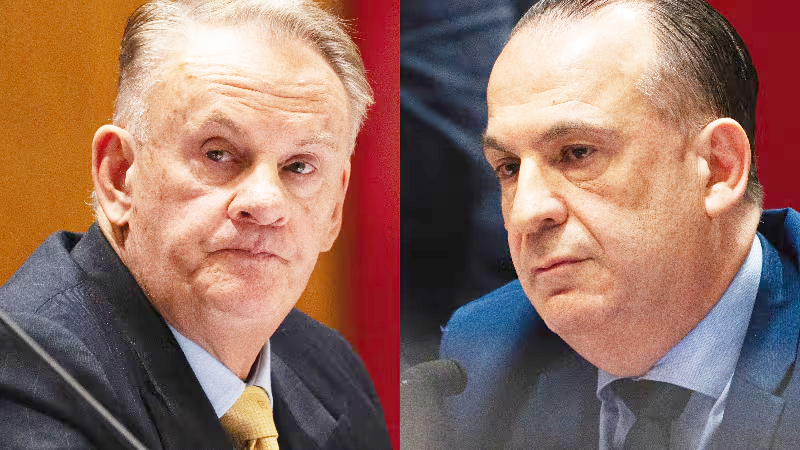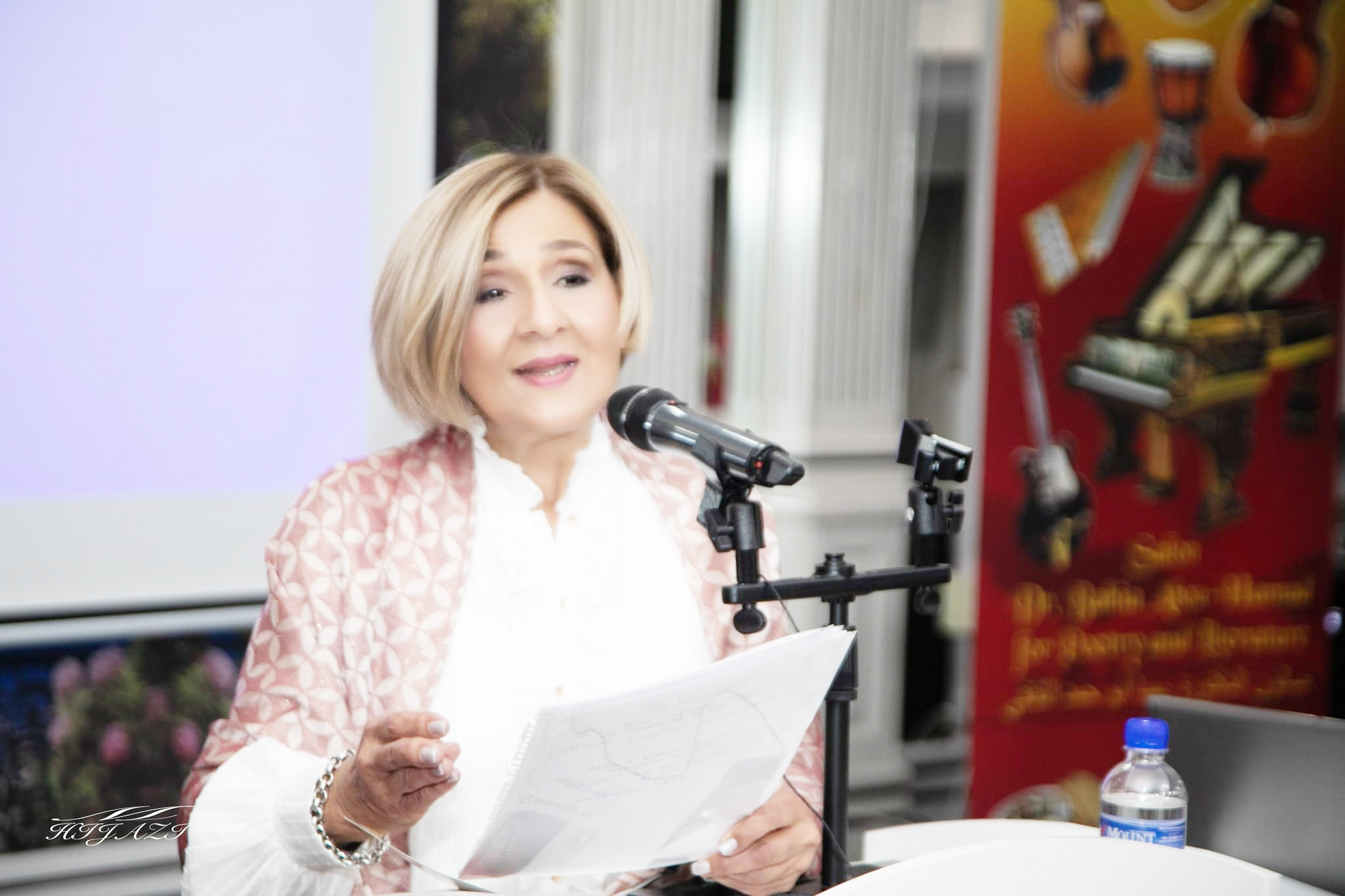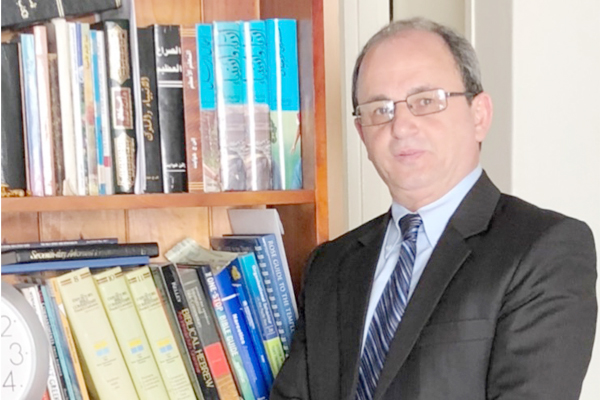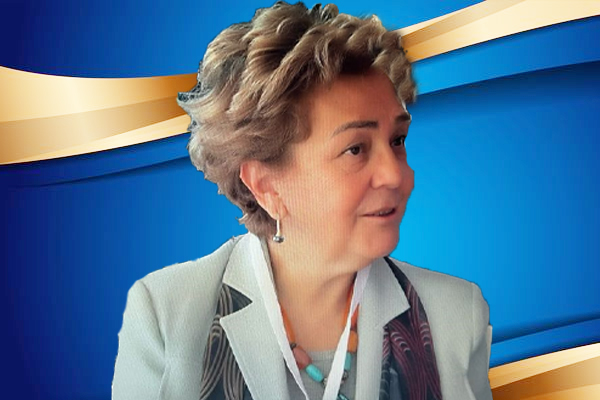
NSW Schoolkids – New South Wales
Introduction to New Consent Education
Starting from 2027, schoolchildren in New South Wales as young as 11 will be taught to actively seek and give consent before engaging in any sexual activity. This initiative is part of a significant revision of the state’s physical education and health curriculum. Here’s what this means for your children.
Curriculum Changes and Objectives
The revamped curriculum will ensure that from their first year of high school, students learn that consent must be “freely given, reversible, informed, specific, and affirmative.” This legal definition of consent includes that it must be actively communicated through words or actions by both parties, can be revoked at any time, and cannot be given if the person is unconscious, asleep, or impaired by drugs or alcohol.
Educational Content by Year Group
- Years 7 and 8: Students will explore NSW law regarding consent and learn how it fosters “safe and positive experiences within intimate and sexual relationships.” They will also develop skills and strategies to assertively and respectfully gain, give, or deny consent.
- Years 9 and 10: Lessons will address how media and online content can influence attitudes toward relationships, particularly amidst the rise of misogynistic influencers and exposure to pornography. The new syllabus will also address “unrealistic perceptions of safe and consensual sex” often depicted in pornography and explicit online material.
Implementation and Teaching Methods
In the Sutherland Shire, Lucas Heights Community School PE teacher Damian Bourke emphasizes that the new content addresses both what teenagers need to know and what they are eager to learn. Bourke plans to use “tangible examples,” including group discussions, written exercises, and video clips, to deepen students’ understanding of consent beyond a simple verbal agreement.
Student Perspectives
Year 9 students Marli Di Cesare and Jethro Dillon-Smith believe that discussing consent at school is crucial for protecting students from abuse later in life. They argue that school is a more accessible environment for these conversations compared to home, where the topic might not be as openly discussed.
Reactions from Experts
Sexual consent campaigner Chanel Contos has praised the new syllabus as an “extremely important” development. She welcomes the specificity of the curriculum but stresses the importance of well-trained educators who can handle difficult questions effectively. Contos expressed pride in the 50,000 people who signed a petition for improved consent education.
Adaptations for Religious Schools
While the new curriculum is mandatory, religious schools will have the flexibility to adapt the content in line with their contexts and ethos. Catholic Schools NSW CEO Dallas McInerney indicated that their approach will include teachings on abstinence and the sanctity of marriage.
Additional Curriculum Topics
The updated PDHPE curriculum will also cover digital privacy, the risks associated with gambling and vaping addiction, and strategies to combat cyberbullying. Education Minister Prue Car emphasized that these changes aim to equip students with the knowledge and skills to protect themselves and respect others’ boundaries.
“We need teachers to be equipped with age-appropriate, evidence-based content that aligns with community expectations. This new PDHPE syllabus does that,” Car said.


